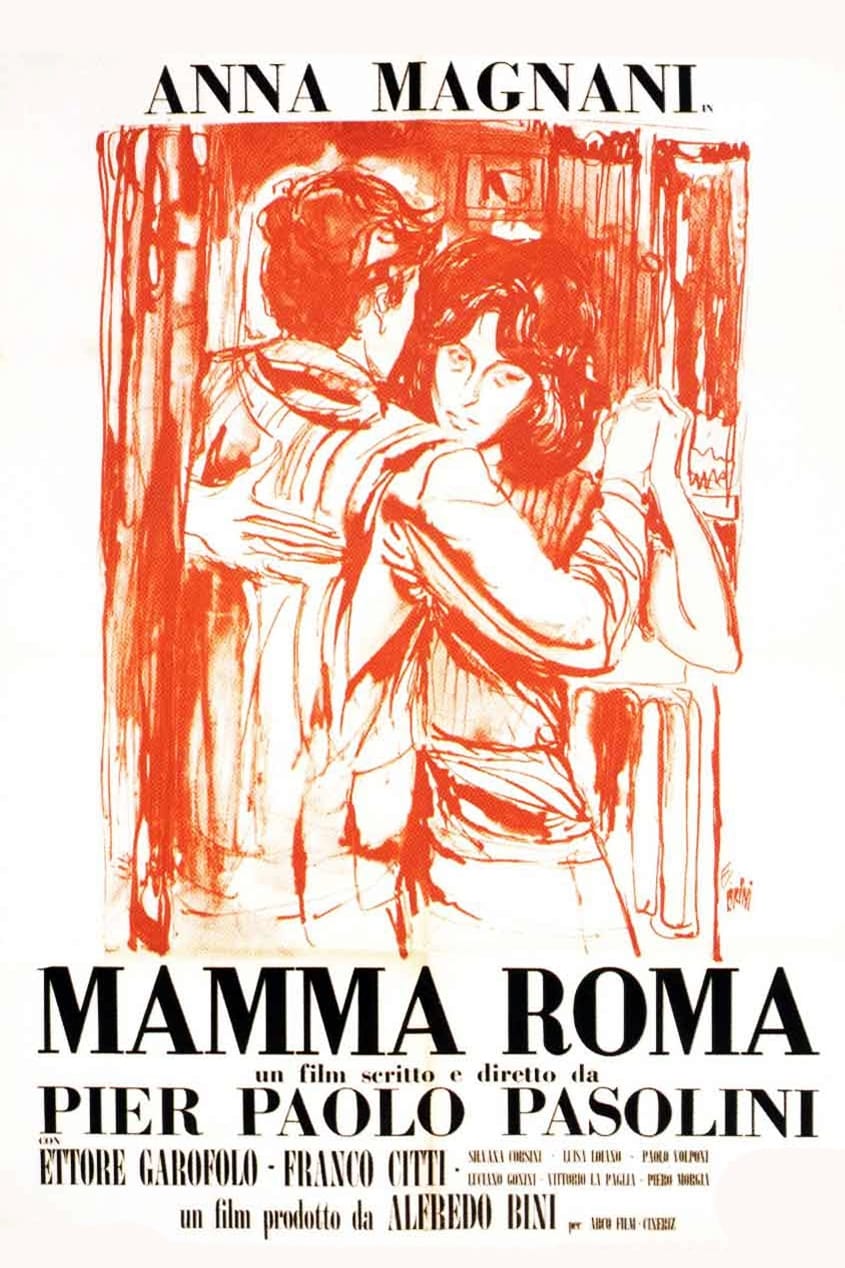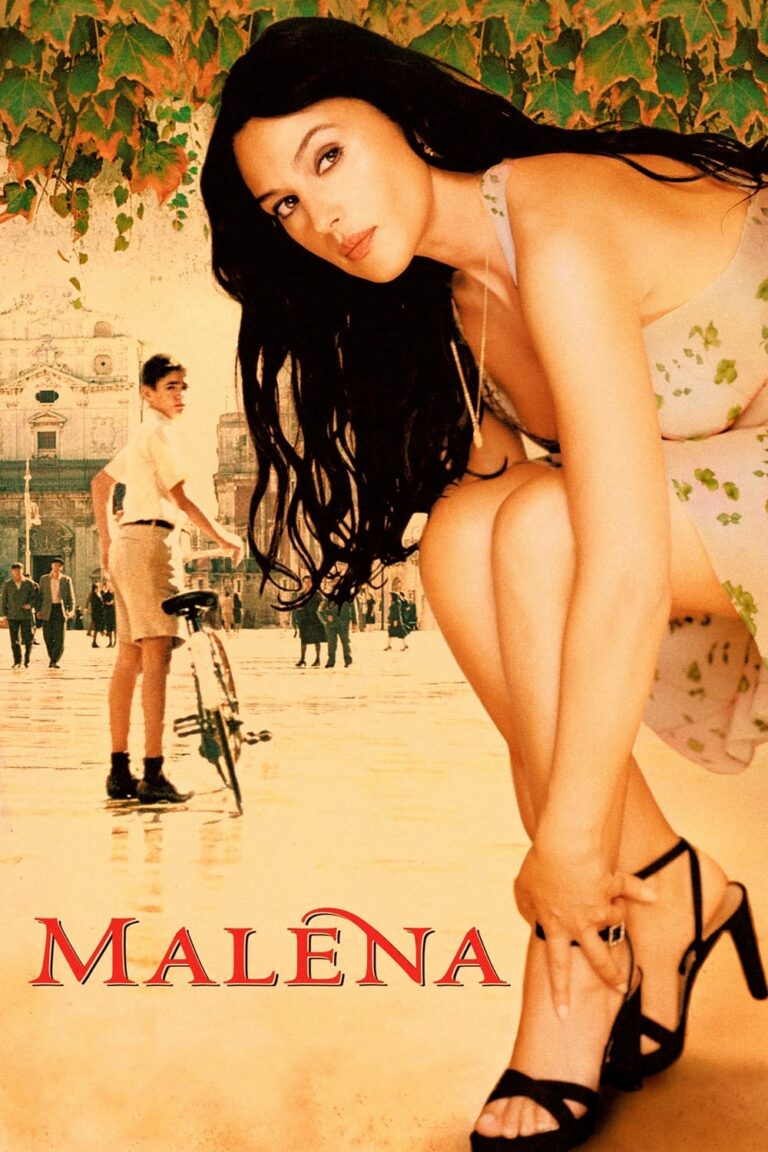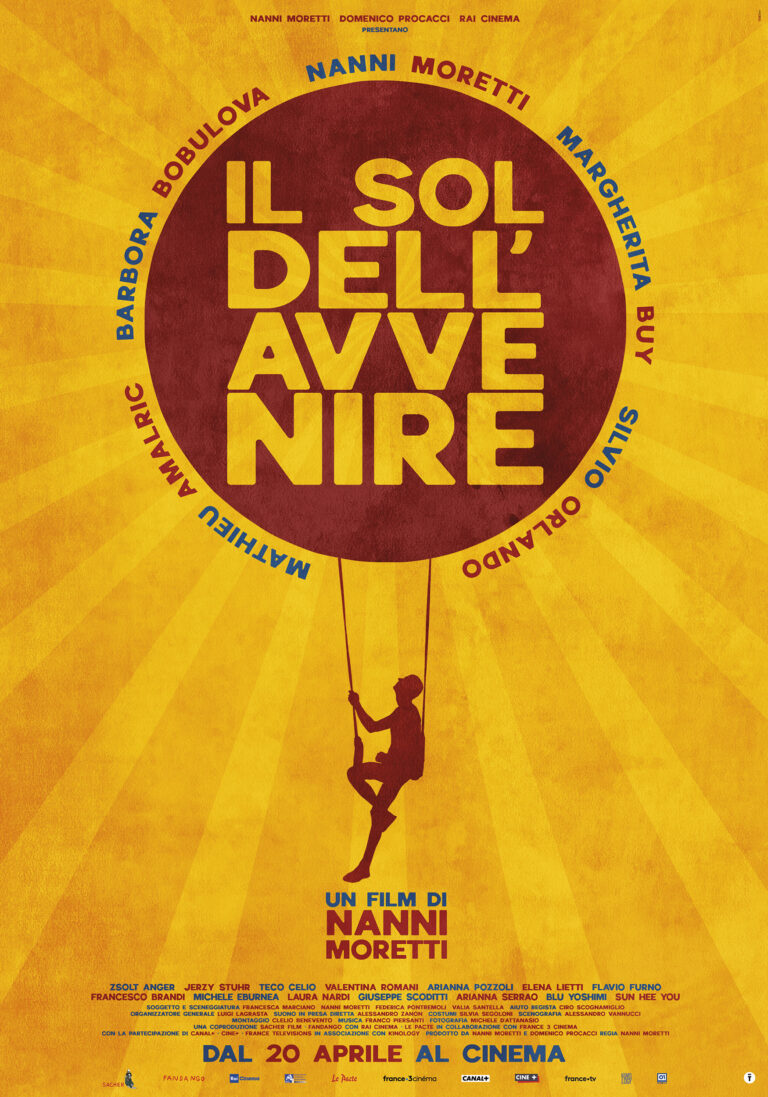
Pier Paolo Pasolini’s Mamma Roma (1962) is a deeply moving exploration of motherhood, morality, and the struggle for dignity in a harsh and indifferent world. Starring the legendary Anna Magnani, the film is a quintessential example of Pasolini’s ability to blend neorealism with poetic symbolism, creating a narrative that is both deeply personal and socially resonant.
The Story of Mamma Roma
The film follows the titular character, Mamma Roma (Anna Magnani), a middle-aged prostitute determined to leave her past behind and build a better life for her teenage son, Ettore (Ettore Garofolo). After a series of events, including the marriage of her former pimp, Carmine (Franco Citti), Mamma Roma seizes the opportunity to move to Rome and start anew.
Settling in the outskirts of the city, she dreams of giving Ettore a respectable life, free from the shadow of her sordid past. She sets up a fruit stall, hoping to build a future for her son. However, Ettore, unaware of his mother’s sacrifices and history, becomes entangled with a group of delinquents and falls in love with Bruna, a local girl with questionable morals.
As Mamma Roma’s past begins to resurface, her dreams of redemption unravel, leading to a devastating conclusion. Pasolini’s narrative weaves a tragic tapestry of love, sacrifice, and the inescapable weight of social and economic circumstances.
Anna Magnani’s Masterful Performance
Anna Magnani’s portrayal of Mamma Roma is a tour de force. Known for her roles in Italian neorealist classics like Rome, Open City (1945), Magnani brings an unparalleled intensity and authenticity to the character. She captures the complexities of Mamma Roma: a fiercely protective mother, a woman yearning for respectability, and a person haunted by her choices.
Magnani’s performance oscillates between moments of fiery defiance and profound vulnerability, grounding the film’s melodramatic elements in raw, human emotion. Her interactions with Ettore are particularly poignant, embodying a universal maternal desire to provide a better future, even when faced with insurmountable odds.
Pasolini’s Social Commentary
As with much of Pasolini’s work, Mamma Roma is steeped in social critique. The film portrays the stark realities of postwar Italy, focusing on the marginalized and the urban poor. Through Mamma Roma’s struggles, Pasolini critiques a society that offers little opportunity for redemption to those born into poverty.
The film’s setting, the desolate peripheries of Rome, serves as a visual metaphor for the alienation and despair faced by its inhabitants. The newly developing urban sprawl, with its barren landscapes and unfinished buildings, reflects the fractured dreams of progress and the chasm between the ideal and the real.
Thematic Depth and Poetic Symbolism
Mamma Roma transcends its surface narrative by delving into universal themes of guilt, redemption, and the pursuit of dignity. Pasolini imbues the film with religious and mythological symbolism, elevating the story to a broader existential plane.
Mamma Roma’s journey mirrors that of a tragic heroine, burdened by her past and yearning for salvation. Her sacrifices for Ettore are tinged with Christ-like suffering, and her downfall is framed as both a personal and societal tragedy. Ettore’s fate, meanwhile, underscores the cyclical nature of poverty and the inevitability of despair in a world governed by systemic inequities.
Pasolini’s use of long takes, stark lighting, and non-professional actors contributes to the film’s neorealist aesthetic while emphasizing its poetic undertones. The juxtaposition of sacred music with scenes of urban squalor heightens the film’s emotional resonance and underscores its critique of societal hypocrisies.
Reception and Legacy
Upon its release, Mamma Roma received mixed reactions. Some critics praised its emotional power and social critique, while others dismissed it as melodramatic or too polemical. Over time, however, the film has been recognized as one of Pasolini’s most accessible and enduring works, a bridge between the neorealist tradition and his more experimental later films.
The film’s exploration of marginalized communities and its critique of modernity remain deeply relevant. Its influence can be seen in the works of contemporary filmmakers who continue to grapple with questions of poverty, identity, and the human condition.
Conclusion
Mamma Roma is a testament to Pier Paolo Pasolini’s ability to craft stories that are both deeply personal and profoundly universal. Through its vivid characters, evocative imagery, and unflinching social critique, the film captures the eternal struggle for dignity and redemption in an unforgiving world. Anchored by Anna Magnani’s unforgettable performance, Mamma Roma continues to resonate as a powerful and poignant work of cinematic art.





